Topics
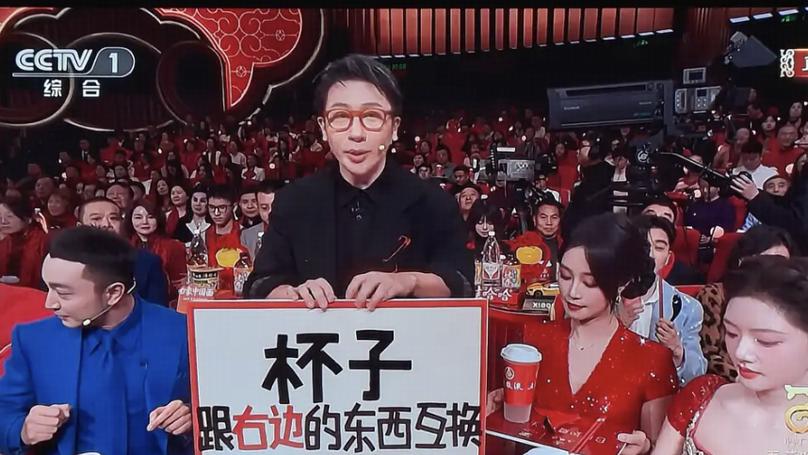
The magic performance by Liu Cen at China’s annual Spring Festival Gala demonstrated a fascinating shift in how magic is presented on mainstream television. Rather than relying on complex illusions, Liu opted for three straightforward tricks that emphasized audience connection and storytelling.
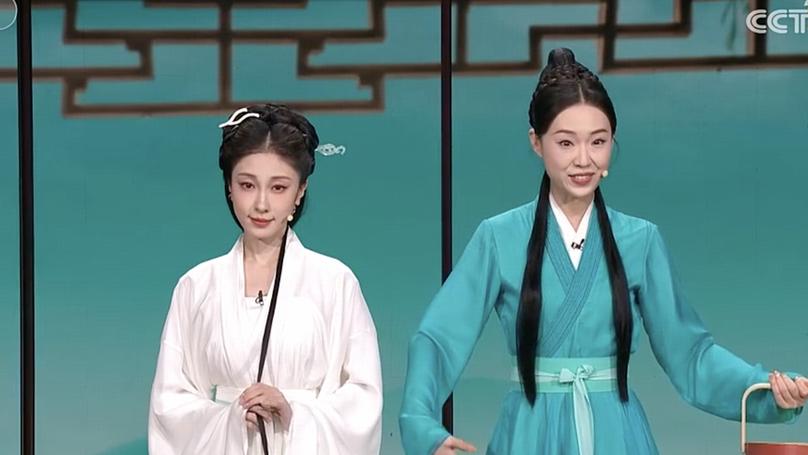
Chinese opera’s enduring appeal was magnificently displayed in the 2025 Spring Festival Gala through a distinctive performance that masterfully wove together different regional interpretations of the classic White Snake legend. The piece “Borrowing the Umbrella” demonstrated the rich diversity of China’s theatrical traditions by incorporating Peking Opera, Cantonese Opera, Sichuan Opera, and Vietnamese Opera styles.
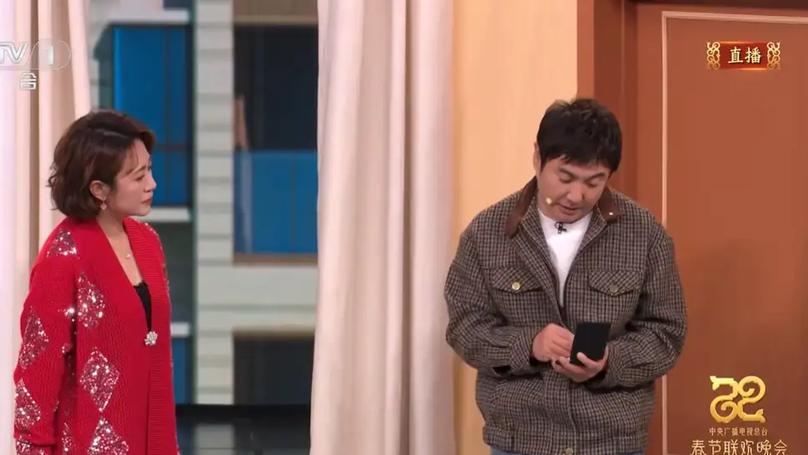
The lunar new year comedy skit “Golden Turtle Daughter-in-Law” presented at China’s 2025 Spring Festival Gala has sparked widespread discussion about the changing landscape of Chinese television comedy. Starring veteran performers Shen Teng and Ma Li, the skit attempted to tackle contemporary social issues while maintaining the traditional comedic elements expected at the annual gala.
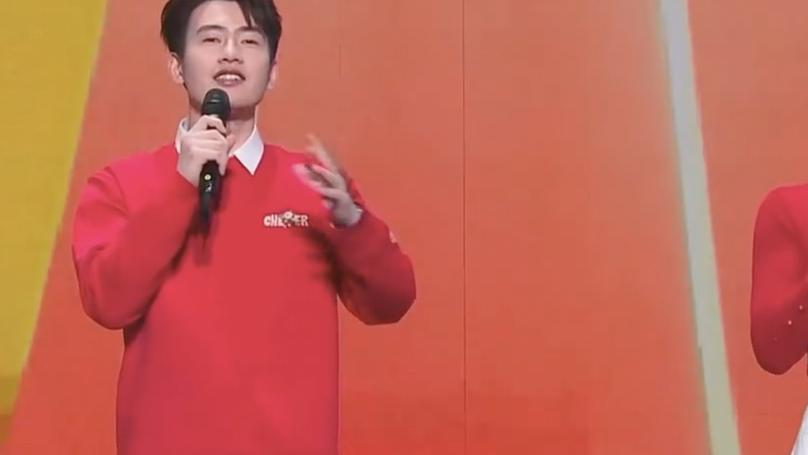
The 2024 Spring Festival Gala featured an unexpected musical collaboration between acclaimed singer Chen Yixing and China’s Olympic champions, performing the powerful anthem “The Lonely Brave.” The performance brought together diving champion Cao Yuan, swimming sensation Zhang Yufei, and other decorated athletes in a unique crossover event.

The 2025 Spring Festival Gala in China featured a groundbreaking performance that captured global attention - a humanoid robot performing the traditional “Silk Ribbon Dance.” This technological marvel, directed by renowned Chinese director Zhang Yimou, demonstrated remarkable balance, precision, and artistry that went far beyond mere mechanical movements.
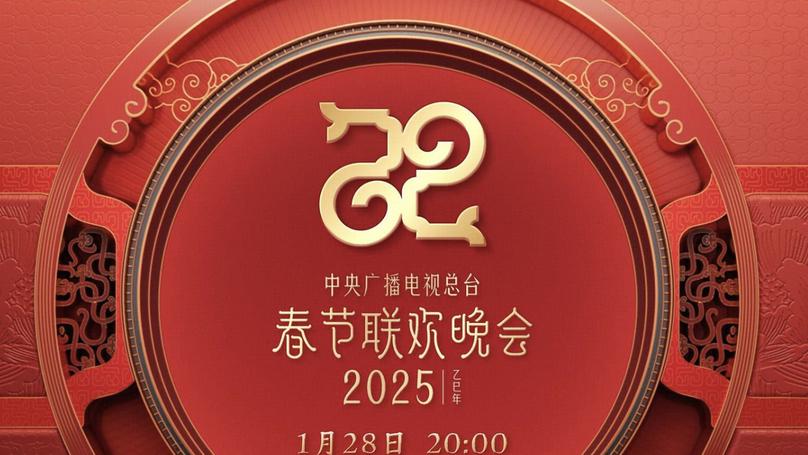
The 2025 CCTV Spring Festival Gala marked a significant milestone in the evolution of China’s most-watched annual entertainment event, particularly through its innovative integration of technology and tradition. The robot dance performance emerged as the Gala’s most talked-about segment.

The recent Spring Festival Gala performance by comedians Xu Haolun and Tan Xiangwen marks a significant evolution in Chinese comedy entertainment. Their act, while rooted in traditional Chinese crosstalk (xiangsheng), introduces elements of Japanese manzai comedy, creating a unique hybrid that resonates with modern audiences.

The arrival of the Year of the Snake in 2025 brings renewed hope and prosperity in Chinese culture. This celestial serpent, revered for its wisdom and adaptability, inspires many of the year’s greetings.
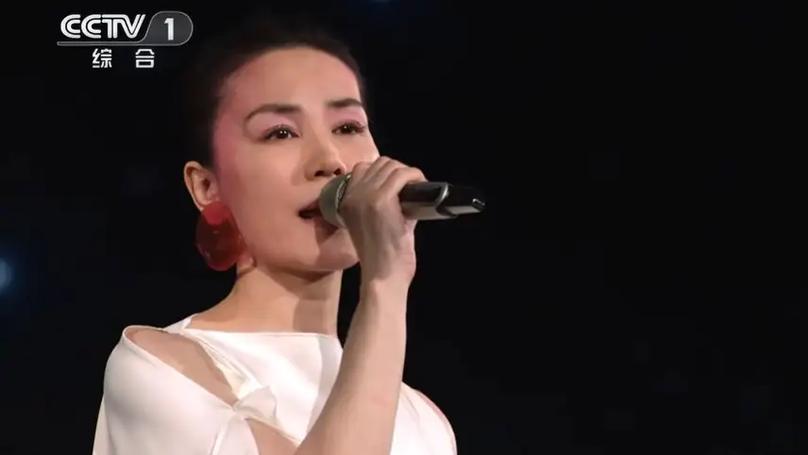
The return of Wang Fei to China’s most-watched television event marked a significant moment in Chinese popular culture. Her performance of “What the World Has Given Me” demonstrated both artistic maturity and spiritual growth, capturing the attention of multiple generations of fans.

The recent adaptation of “Little Ming’s Family” at China’s 2025 Spring Festival Gala has sparked considerable discussion about the challenges of adapting beloved comedy sketches for mainstream television. The original sketch, titled “Tiger Father Without a Dog” from the second season of the annual comedy competition show, was widely praised for its clever structure and meaningful exploration of family dynamics.